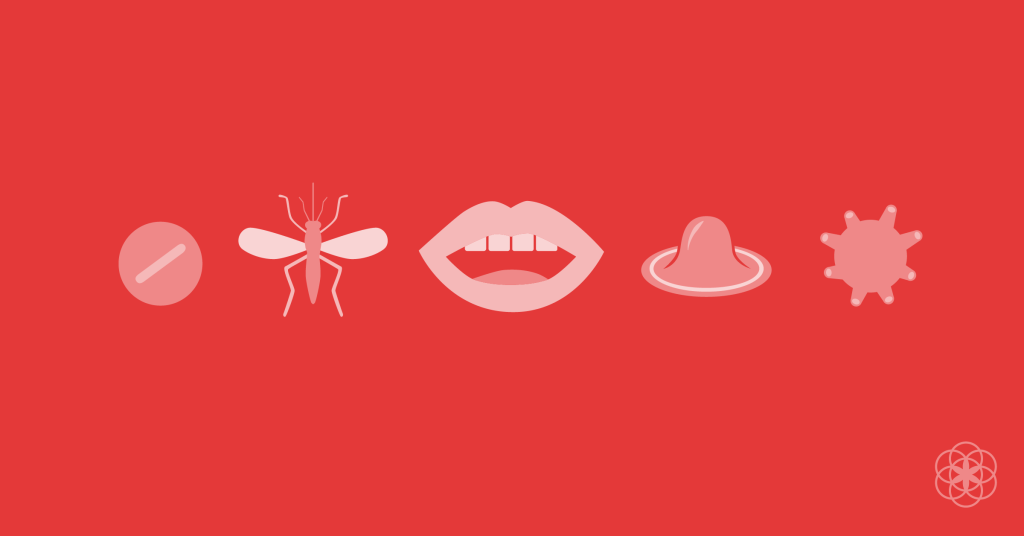Young adults and STIs: A concern, not a taboo
Sexually transmitted infections (STIs) are a significant concern, especially for young people aged 16-24. Individuals in this age group must be well-informed about the risks, prevention, and treatment of STIs. STIs, or sexually transmitted diseases (STDs), are infections transmitted through sexual contact. Common STIs include chlamydia, gonorrhoea, genital herpes, human papillomavirus (HPV), syphilis, and HIV.
Importantly, some STIs may not exhibit symptoms immediately, making regular testing essential. STIs can be transmitted through vaginal, anal, or oral sex, and skin-to-skin contact. Young people, aged 15 to 24, are particularly susceptible due to biological factors, lack of regular testing, communication barriers, and limited access to healthcare services.

Protecting Yourself as a young adult
If you choose to be sexually active, communication with your partner and consistent condom use are crucial. Mutual monogamy, where both partners agree to only have sexual contact with each other, can also provide protection, provided both partners are tested and confirmed STI-free.
Before engaging in sexual activity, openly discuss prevention strategies with your partner. Be proactive in seeking healthcare, asking about STD testing, and considering vaccines against HPV and hepatitis B.
Alcohol and recreational drugs can impair judgment, leading to risky behaviours. Avoiding their use during sexual encounters is essential to make responsible decisions and prevent potential exposure to STIs.
Regular testing is crucial, as many STIs may not display noticeable symptoms. Confidential and teen-friendly testing locations are available, ensuring privacy and ease of access. Some STIs can be cured with medication, while others can be managed.
It’s crucial to complete the prescribed treatment and communicate with your partner about testing and treatment to prevent reinfection.
Conclusion
Untreated STIs, such as chlamydia and gonorrhoea, can lead to severe complications, including infertility. Additionally, having an untreated STI increases the risk of contracting HIV. If diagnosed with an STI, open and honest communication with your partner is crucial. Encourage your partner to seek healthcare, and refrain from sexual activity until both parties have completed treatment.
If you have questions or concerns, don’t hesitate to talk to a parent or another trusted adult. They can offer guidance and support, drawing upon their own experiences. Parents can play a pivotal role in educating their teens about STIs.
Encouraging abstinence while providing information on safe sex practices, regular checkups, and the potential consequences of STIs ensures that teens are well-equipped to make informed decisions.
Author

